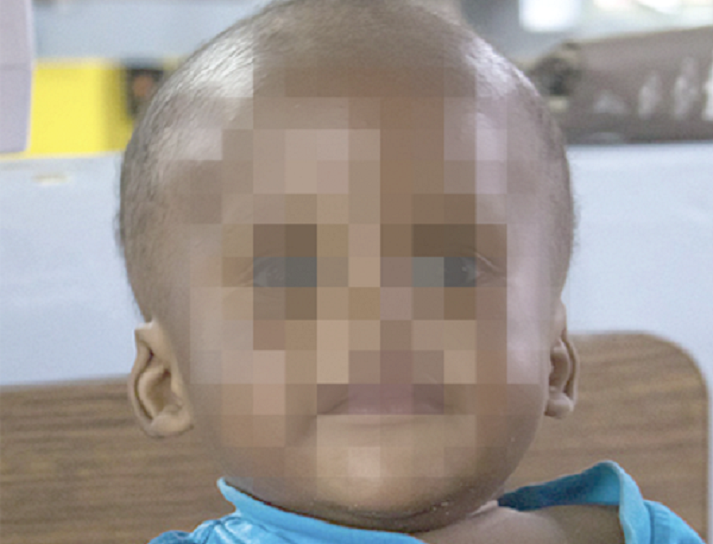
Physiotherapy management of hydrocephalus
A child diagnosed with hydrocephalus has a number of integral management procedures including physiotherapy.
Advertisement
To make the most of your child’s recovery, it’s vital that physiotherapy is initiated early to increase the abilities that the child has.
The physiotherapist assesses the available movements in your child including gross motor skills such as crawling ability and whether there is tightness in the limbs which may restrict movement.
It’s also important for the child to be able to engage in play but this is quite challenging due to the size of the head.
Physiotherapy management depends on the findings from the assessment, child’s age and the severity of the condition.
The main goal of management is to improve functional abilities and limit impairments, hence therapy seeks to;
Offer advice regarding appropriate equipment which may be of assistance and enhance the child’s functional independence
Give adequate guidance on walking or gait to increase movement and coordination of the legs. This is to maximise the independence of the child
Provide support in the performance of various activities and making it fun to encourage participation and improve functional skills
Incorporate therapeutic exercises into therapy to decrease the onset of weakness and a decline of muscle bulk in the hands and legs.
These exercises also assist in improving balance, maintaining muscle length, stretching tight muscles and strengthening weak ones.
Offer advice to enhance developmental milestones / skills such as independent sitting, crawling etc.
Provide information on the development of neck and trunk control
Therapeutic exercises
Physiotherapy integrates suitable handling skills and different movement patterns to influence any tightness present in the legs or hands.
Appropriate positioning of the child throughout the day is also vital to enhance play, prevent shortening of muscles in the legs, hands or torso.
Exercises are incorporated in daily activities such as bath time, feeding periods etc and this ensures that he/she obtains the suitable skills for functional abilities each day. This regime also promotes function as the child gets used to the therapy at various periods during the day and not only when the child visits the physiotherapy unit for therapy.
Equipment
A variety of assertive devices are incorporated into the child’s therapy to enhance his/her posture (in sitting, standing or walking), to improve hand skills for example to pick objects, draw, eat etc. These devices also help in preventing muscle shortening in the hands, legs or the trunk/torso. Muscle shortening is a complication which further limits the child’s functional abilities and promotes deterioration in his/her independence.
These include various types of seats, standing frames, front or behind/back walkers, ankle foot orthoses etc.
The child may also use these devices at school, either mainstream or special schools.
Sometimes long-term complications occur which makes it difficult for the child to execute simple everyday tasks for example, transfer of an object from one hand to the other.
It’s expedient to begin management early to offset any functional skill difficulty that your child may have.
Management involves the cooperation of caregivers or parents and not only the physiotherapist and this is to ensure that the child has a continuous therapy session throughout the entire day, each day. Caregivers or parents are advised to encourage the child to make him/her feel appreciated at home and in school as this eventually boosts their self-esteem.
However, this does not imply that the parent should smother the child as this rather creates complete dependence of the child on the parent and defeats functional independence.
It’s also important to ensure that the environment - both at home and school - is safe to prevent falls.
The Writer is a Senior Physiotherapist at the 37 Military Hospital.



